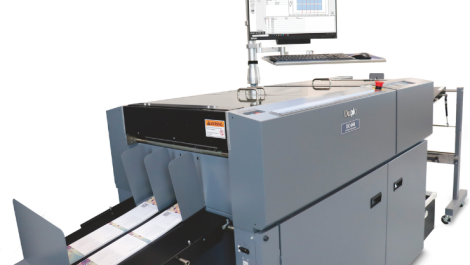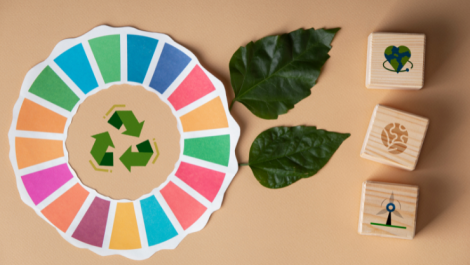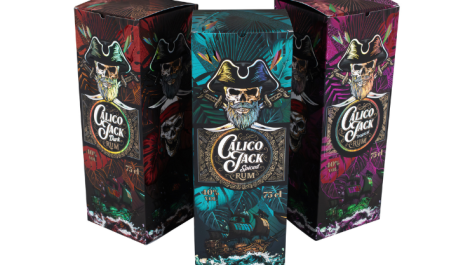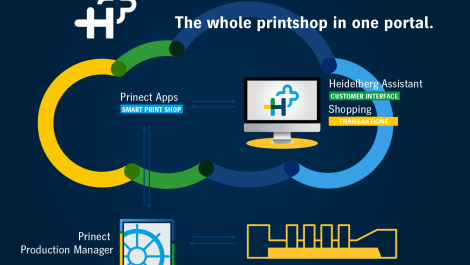The weekly Verdigris blog by Laurel Brunner
Books are surely one of life’s greatest pleasures. Whether its shopping for them, sending them to people as presents, looking at them on the shelves, or even just reading them.
The yumminess of a well-produced book may be why the number of people in the US who read a book last year, rose by four percent. For a country of over 316 million people, this is not small cheese, especially given how often the printed book death knell gets so loudly tolled.
Pew Research base their numbers on the results of a survey conducted last January. They wanted to learn more about American book reading habits, e-book penetration and tablet ownership. They found that seven in ten Americans read a printed book and that only 4 percent of readers exclusively read e-books. According to the study 50% of Americans own a tablet or dedicated electronic reading device and 55% of them use their tablets for reading e-books. Last year, 76 percent of Americans read a book and they averaged twelve titles throughout the year.
It is good news for publishers and printers that the number of people buying and reading books is rising, particularly in the US where there are so many alternatives for sofa-borne entertainment. What is less positive is that the US still has one of the developed world’s poorest records on waste management. The country generated 251 million tonnes of rubbish of which only around 87 million tonnes were recycled and composted. This is equivalent to a recycling rate of 34.5 percent. In European countries such as Germany and Sweden the rate is much higher at 62% and 49% respectively. In 2013 71.7% of paper was recycled in Europe, whereas in the US only 63.5% falling from 65.1 percent in 2012, was despite a rise in paper consumption. The American Forest & Paper Association aims, rather unambitiously it has to be said, to get the US to recycle over 70% of paper by 2020.
How much of that volume will be books is impossible to say. There are plenty of publications that deserve to be pulped sooner rather than later, but beautiful books are hard to throw away. They end up being reread and shared for reuse for years. They have a magic all their own, whether they’re stacked on the floor or lined in tidy rows on the shelf. They are friends, family, strange yet familiar new worlds full of enticing possibilities and wondrous journeys. And whatever the convenience and immediacy of an e-book, how very much more boring is a collection of dull and anonymous e-books compared to the enticement of the printed equivalent beckoning you to embrace the ideal reading device. This ad for IKEA sums it up perfectly.
This article is part of the Verdigris series of stories about understanding the environmental impact of print. The Verdigris Project is supported by Agfa Graphics, Canon Europe, Digital Dots, drupa, EcoPrint, EFI, Fespa, HP, Pragati Offset, Ricoh, Splash PR, Unity Publishing and Xeikon.





